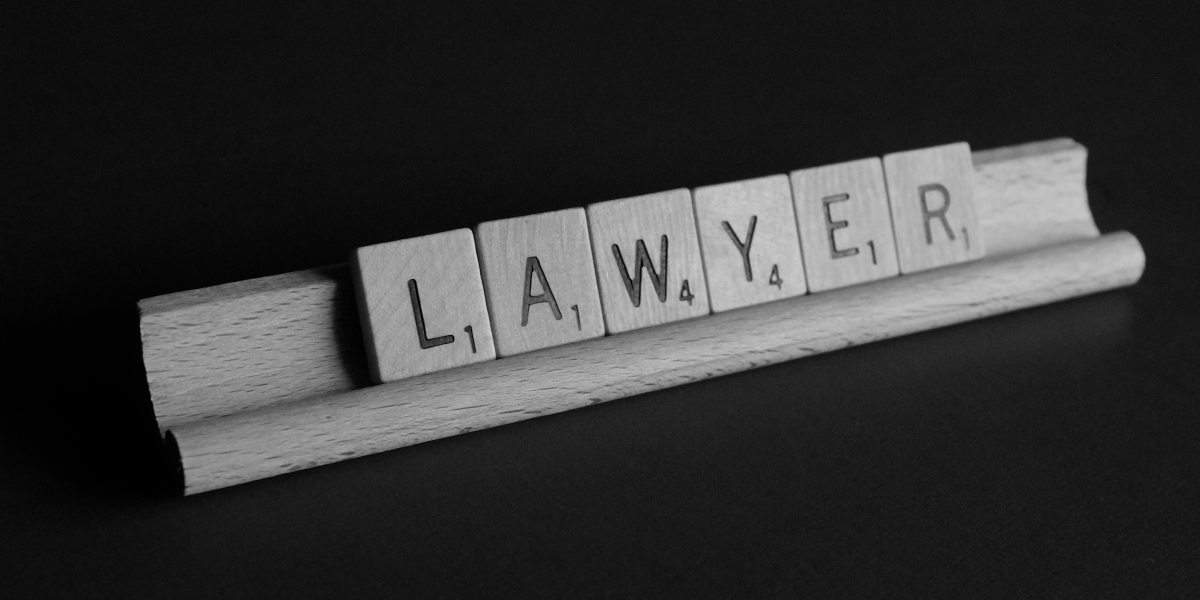Slip and fall cases are a subset of personal injury law where employees or individuals sustain work-related injuries. Property owners are typically obligated to keep their premises safe, while the plaintiff (claimant) should demonstrate that someone failed to uphold a duty of care. As a claimant, you should focus on time limits as you pursue such cases.
Claimants should understand the statutes of limitations to ensure the evidence remains fresh. A delay can lead to the loss of physical evidence. Considering that, these limitations encourage timely resolution of disputes.
What is a Statute of Limitations?
This rationale ensures that resources are allocated more efficiently within the legal domain. It also allows defendants to seek redress, creating a more efficient legal system.
In the context of personal injury laws, you should understand the differences between criminal and civil statutes of limitation. The former applies to criminal offenses, while a civil statute focuses on non-criminal disputes.
Statutes of Limitations for Slip and Fall Cases
You should note that the statutes of limitations vary across different states. Here is an overview of expected timeframes:
- Illinois, Texas, and California – 2 years from the date of injury
- New York – 3 years from the accident date
- Georgia – 2 years
- Michigan – 3 years
- Florida – 4 years
You should understand local laws and variability in statutes of limitations. Failure to follow standard timeframes often leads to missed opportunities or changes in how the case is viewed in court. As a claimant, for instance, in a more specific location, it’s crucial to have a dedicated New York slip and fall lawyer by your side, as the legal framework and its time constraints are often complex and difficult to interpret independently.
Exceptions to the Standard Statutes of Limitations
Discovery Rule
This rule is relevant in such cases – the injuries become apparent after time has passed. Sometimes, individuals may not immediately realize they have been injured, so they can still file a claim within the set period. Note: this rule applies to latent cases like internal injuries.
Tolling Provisions
They give individuals more time to file a claim. For instance, minors have the right to file a claim during their childhood. Similarly, if the claimant is incapacitated, he will have more time to file a claim. Since tolling can complicate the timelines, claimants with mental health should seek professional guidance.
How to Determine the Applicable Statute of Limitations
Claimants should seek legal counsel to navigate the complexities of state laws and specific timeframes. An attorney will preserve the evidence and take witness statements to support your claim.
Consequences of Missing the Statute of Limitations
If a claim (slip and fall cases) is not filed within a specific time, serious consequences may occur. For instance, regardless of the extent of the injuries, the court may reject the claims without considering the relevant circumstances. This means you have to bear the cost of medical treatment if the injury requires long-term recovery.
Missing statutes of limitations can also lead to loss of financial compensation for medical expenses, lost wages, and pain and suffering.
Practical Steps to Ensure Compliance with Statutes of Limitations
You should keep a detailed record of slip and fall claims by proving the property owner is the responsible party. Here is how you can effectively maintain records:
- Establishing liability
- Supporting your claim
- Tracking medical treatment
- Maintain a log of communications
- Collecting witness information
- Keeping a personal journal throughout the discovery process
To avoid missed deadlines, you should set reminders when submitting documentation. Timely reminders promote prompt actions so you can focus on the recovery process.
You should also engage with a legal professional to ensure a solid case. He will look at the merits and collect the necessary documentation. He will also devise a strategy tailored to your specific situation.
Conclusion
You should seek legal advice promptly to protect your rights. An attorney will help you avoid mistakes that could cripple your case. He will also preserve evidence and help you understand the time limits. Also, you should have the necessary knowledge and prepare early to ensure fair compensation.
Disclaimer: “The content in this article is provided for general knowledge. It does not constitute legal advice, and readers should seek advice from qualified legal professionals regarding particular cases or situations.”
Published by: Holy Minoza






